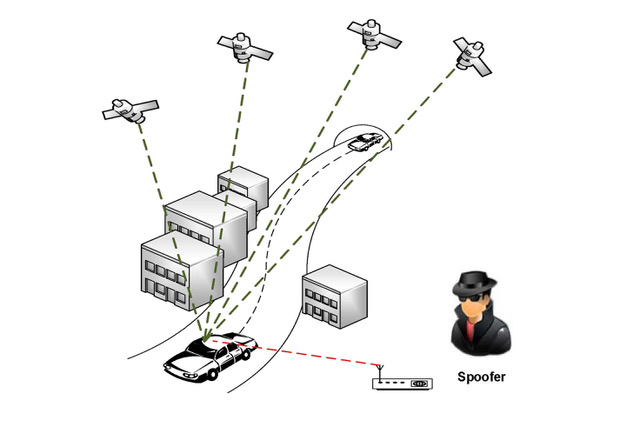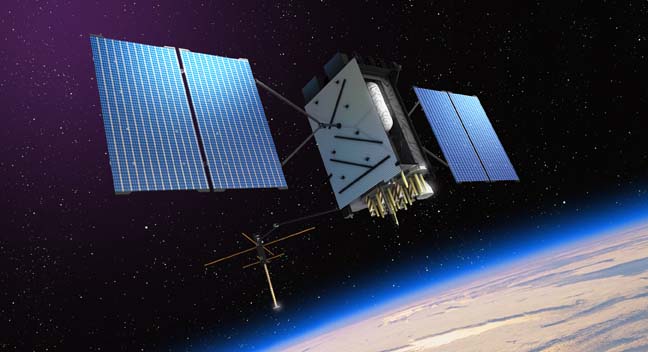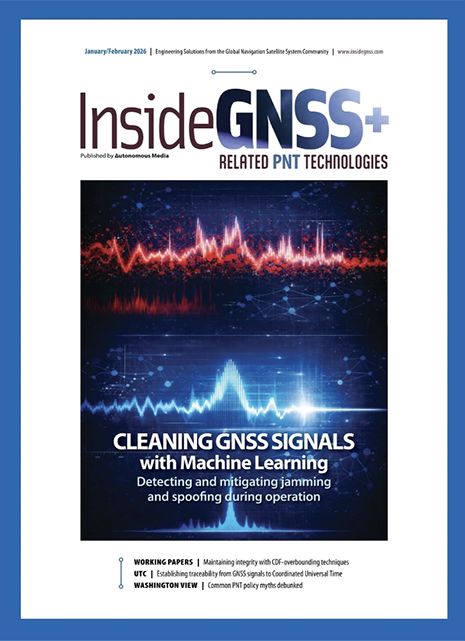Ensuring resilience against GNSS spoofing is a critical challenge for applications relying on accurate and secure satellite positioning. The European Space Agency (ESA)-funded ‘Galileo Smart Traceability Anti-spoofing’ (GSTA) project, led by Italy’s Origosat, has developed enhanced spoofing detection and mitigation capabilities, leveraging real-time and unpredictable data sources.
Working in partnership with GNSS and timing experts Fondazione LINKS and INRiM, Origosat developers based their new GTSA system on a patented, anti-spoofing algorithm that integrates data from different sources, including the automatic dependent surveillance-broadcast (ADS-B) system. This is an advanced technology used in aviation that combines an aircraft’s positioning source, aircraft avionics, and ground infrastructure to create an accurate navigation interface between aircraft and air traffic control. Under ADS-B, aircraft broadcast a variety of messages at irregular intervals, with information on position, altitude and speed, along with other data. It is the irregularity of these messages that make the system particularly resilient against spoofing.
The GSTA algorithm also integrates independent GNSS data for timing and positioning, and it integrates alternative timing and synchronization data through a secure communication channel.
Step forward
GSTA team members presented their final results at a recent event hosted by ESA, where they explained how combining this unique set of data elements enables detection of the most common types of spoofing attacks, including attacks based on signal retransmission, so-called ‘meaconing’, and those based on signal simulation, for example using commercial GNSS simulators. Partners designed and built a robust, spoofing-resistant GNSS receiver, which they then tested in diverse, urban and open-field scenarios.
GSTA is a follow-on to a previous project, also funded by ESA, the GALIST project (‘Galileo Smart Traceability’). Its aim was to implement spoofing-resilient GNSS technologies for establishing the location of food production events in support of ‘made-in’ certification. The GALIST project has already put into operation some of the capabilities it developed for detecting and counteracting spoofing in this context.
Further actions following the GSTA project will be aimed at exploiting new market opportunities, not limited to food production applications. In particular, project partners said the GTSA spoofing detection and mitigation system is likely to be of interest in unmanned aerial vehicle (UAV) applications, in the automotive sector, including in autonomous vehicle applications and in vehicle tracking and fleet management, and in ‘internet of things’ (IoT) applications.
GTSA was funded under ESA’s NAVISP program, dedicated to strengthening the competitiveness of European positioning, navigation and timing (PNT)-related industries.






